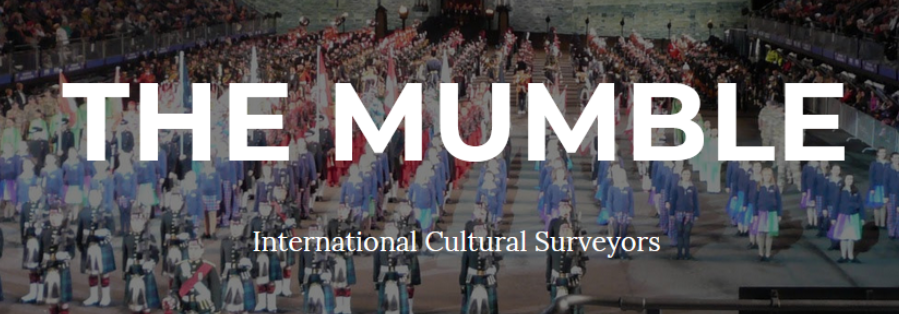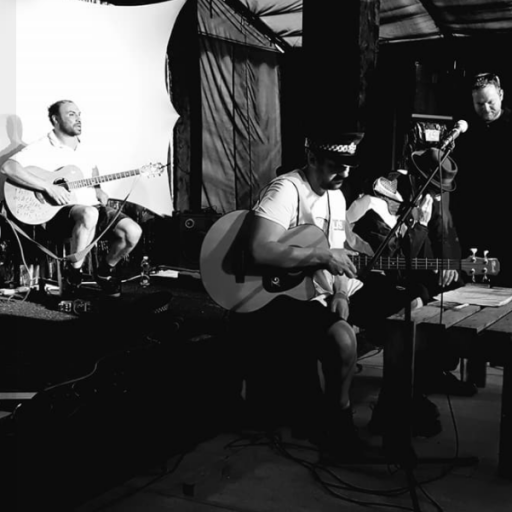It Wisnae Me

A Play, a Pie and a Pint
Oran Mor, Glasgow
Sept 1st – Sept 6th
Script: ![]() Stagecraft:
Stagecraft: ![]() Performance:
Performance: ![]()
In Scotland around 40% of the population carry the MC1R recessive variant gene, which results in a world-beating 13% of Scots, actually having red hair. Wha’s like us? Even the county’s favourite soft drink, Irn Bru, is ginger! So it should come as no surprise, when at the start of Allan Bissett’s play, the first primitive Scot (Ali Watt) who crouched and exchanged abusive screeches with the first primitive Englishman (Andrew John Tait) to the stains of Thus Spoke Zarathustra, is wearing a Tartan Tammy with a straggly orange wig attached.
What follows is a sobering, unvarnished examination of not-so-bonnie Scotland’s involvement in the slave trade and its complicity in building the British Empire by the subjugation of other, less developed countries through the plunder of their raw materials. Few punches are pulled as Scotland (inspiringly depicted as a track suited teenager) whines and gurns its innocence in the face of a deluge of unsavoury truths. Scotland’s accuser is Big Bad Bowler-Hatted, England, who offers a fairly comprehensive list of unflattering epithets for its neighbour, many of them uncomfortably accurate.
Bissett is aware of the irony of two white men on stage discussing exploitation, so wisely introduces a young black woman (Danielle Jam) to explain the Golden Triangle that saw goods shipped from Southampton, Bristol and of course Glasgow, to Africa, where millions of the indigenous population where enslaved and transported to America. The third leg of the journey saw Sugar, cotton and tobacco sent back to Britain to be processed in industrial towns including, once again, Glasgow. It is Jam’s composed reasoned voice that draws attention to the enlightened work carried out by the Glasgow Emancipation Society in the early 1800s.

Watt’s Jock is a lively concoction of self delusion and historic grouses. He is a deliberate caricature of the jokey lad imbued with the notion that Scots are friendly, welcoming people, because they can laugh at themselves. His knowledge of Scotland’s past is heavy on the injuries received by his country but light on those it inflicted on others. Tait’s George is less of a nationally identifiable character, more a social conscience, not unlike one of the ghosts from A Christmas Carol, pointing out unpalatable facts that need to be acknowledged before Jock and Scotland can move on.
The subject of a country’s history and national scruples when dealing with the remnants of imperialism in street names and civic sculptures is a topical one that deserves debate. Bissett’s play makes a worthy and at times amusing contribution to this discussion.
David G Moffat

Posted on October 2, 2018, in Scotland. Bookmark the permalink. Leave a comment.


Leave a comment
Comments 0